
Even though earthquakes are a common phenomenon, there are no proven ways to predict their occurrence accurately. Earthquakes are scary, come without a warning, and hold the potential to cause serious destruction. Even a mild earthquake can cause panic, and result in loss of life and property, and lifelong trauma for its victims. While you may be thinking about what to do during an earthquake, you must first know that the earthquake itself doesn’t harm you.
What does the damage, however, is the falling of heavy objects, debris, furniture and fixtures, and collapsing of walls and buildings. This is why it is very important to stay calm during an earthquake because everything you do during those moments while the shaking lasts can make the difference between life and death.
To know what to do during an earthquake, you must first comprehend what a quake feels like and how to recognize it. Keep the following points in mind to make a quick evaluation of its magnitude at the time of its occurrence:
- If you feel a sudden tremor followed by vigorous shaking, lasting for a few seconds up to a minute or more, it might be the middle of one
- If the quake’s epicenter is really far away, its tremors will feel like a gentle bump that will last for a few seconds
- A minor earthquake may hit like a quick, sharp bump, followed by a few tiny jolts that pass quickly
It helps to improve your knowledge and understanding about earthquakes because when the critical moment occurs, you would be in a better position to decide the right course of action and save lives.
What Is an Earthquake?
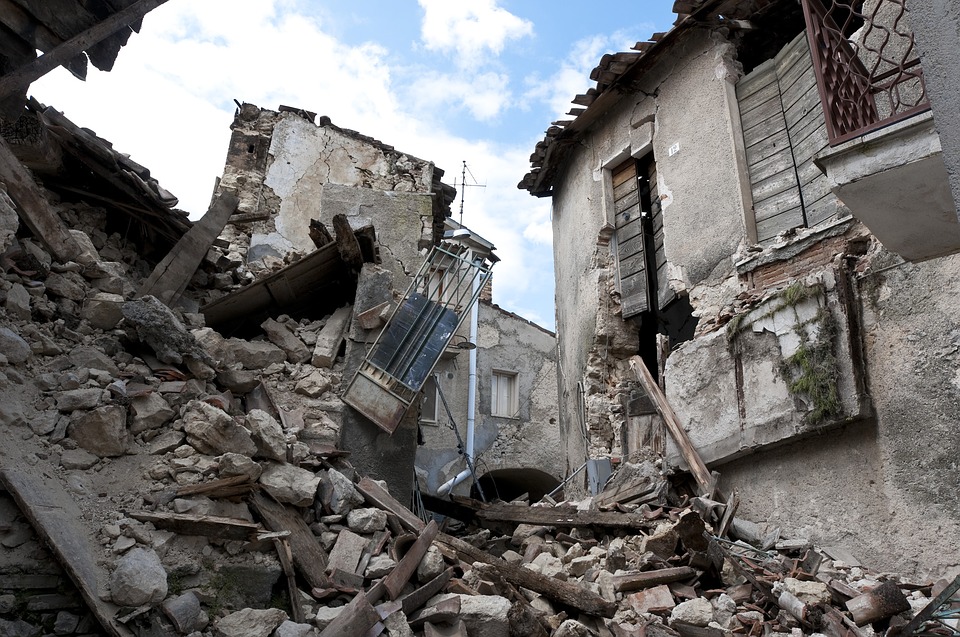
We all recognize earthquake as a palpable tremor that is felt on the earth’s surface. When the earth’s crust releases a sudden burst of energy, it causes seismic waves that are felt by us in the form of an earthquake. They are most noticeable when this energy is relayed to buildings, making them shake forcefully. Sometimes these tremors are powerful enough to raze cities to the ground.
In simple terms, an earthquake is defined as a seismic event that originates from the epicenter, a point on the earth directly above the hypocenter where the first rupture takes place. As a result, the earth shakes and rumbles due to a prolonged build-up of latent energy. They can be felt as a minor imperceptible shock underneath your feet or a powerful force that can throw people off. Earthquakes may happen anywhere, on land or the sea.
Signs of an Earthquake
To know what to do during an earthquake, you should be able to recognize quickly that you are in the middle of one! If you notice these advance signs, then you might do well to start preparing for disaster management.
Chickens Stop Laying Eggs

This may seem like a difficult one to point out, but if you notice a disruption in the egg-laying activity of your chickens, then it may be a sign of an upcoming earthquake.
During Fishing

If you are fishing and notice a frantic activity amongst catfish, then you should start looking for a safety cover away from trees or rocks that could fall on you. The change in electric fields caused by seismic events can make catfish respond violently.
Your Pets Starts Behaving Erratically

Dogs and cats have a tendency to sense earthquakes seconds before you feel them. If you notice their odd behavior, then you should take cover in a safe place in your house.
Sign Up for Warning Alerts

This may not be the most efficient method to gauge the arrival of an earthquake. However, these services do send alert messages to warn the residents of natural events that can be precursors to bigger events. Keeping a note of these messages and preparing beforehand can prove monumental in protecting you and all your belongings from destruction.
Check About Local Warning Systems
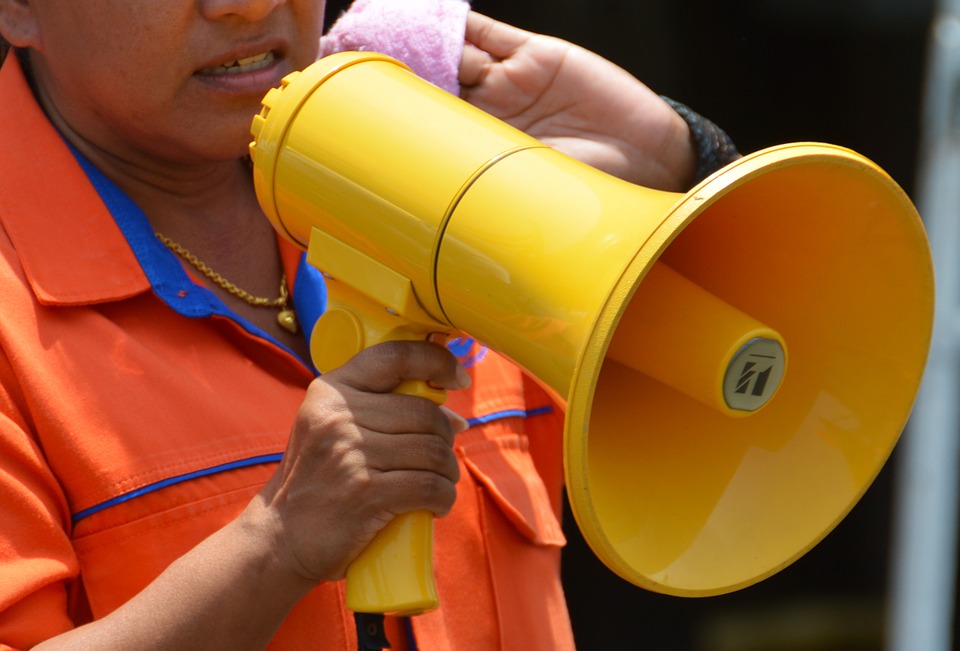
Some cities have installed local warning systems such as sirens followed by instructions and warnings. Make sure you know about these systems in your town.
Track Earthquake Websites Online

Some tech-savvy people also follow websites that will give you information about the earthquakes that had recently happened, their nature, magnitude, and other such pertinent details.
What to Do During an Earthquake?
Notice the ground beneath you shake violently? Don’t panic. Earthquakes cannot be predicted, which means that you can never really be fully prepared for it when struck by one. So if you are wondering what to do during an earthquake, you can keep the following tips in mind to act quickly.
Be Calm
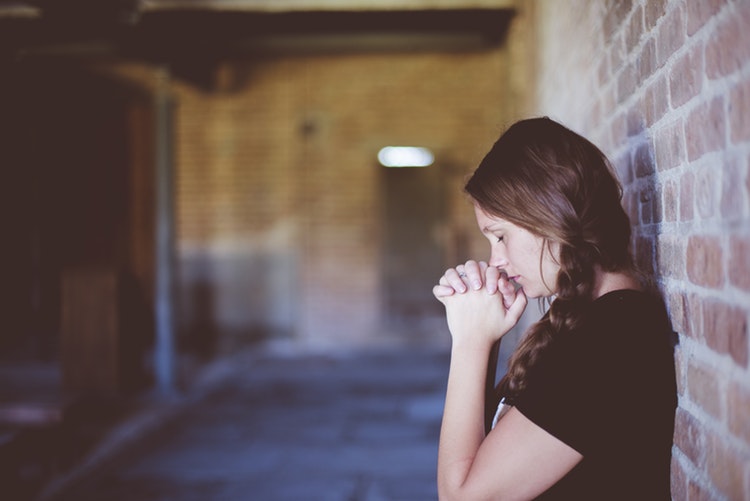
It is common for people to panic and feel flustered not knowing what to do during an earthquake. However, experts warn that acting in a state of panic is the quickest way to put your lives and that of others in danger. However, staying calm and taking a proactive approach will help you identify ways to help others. –
Know Where to Take Cover
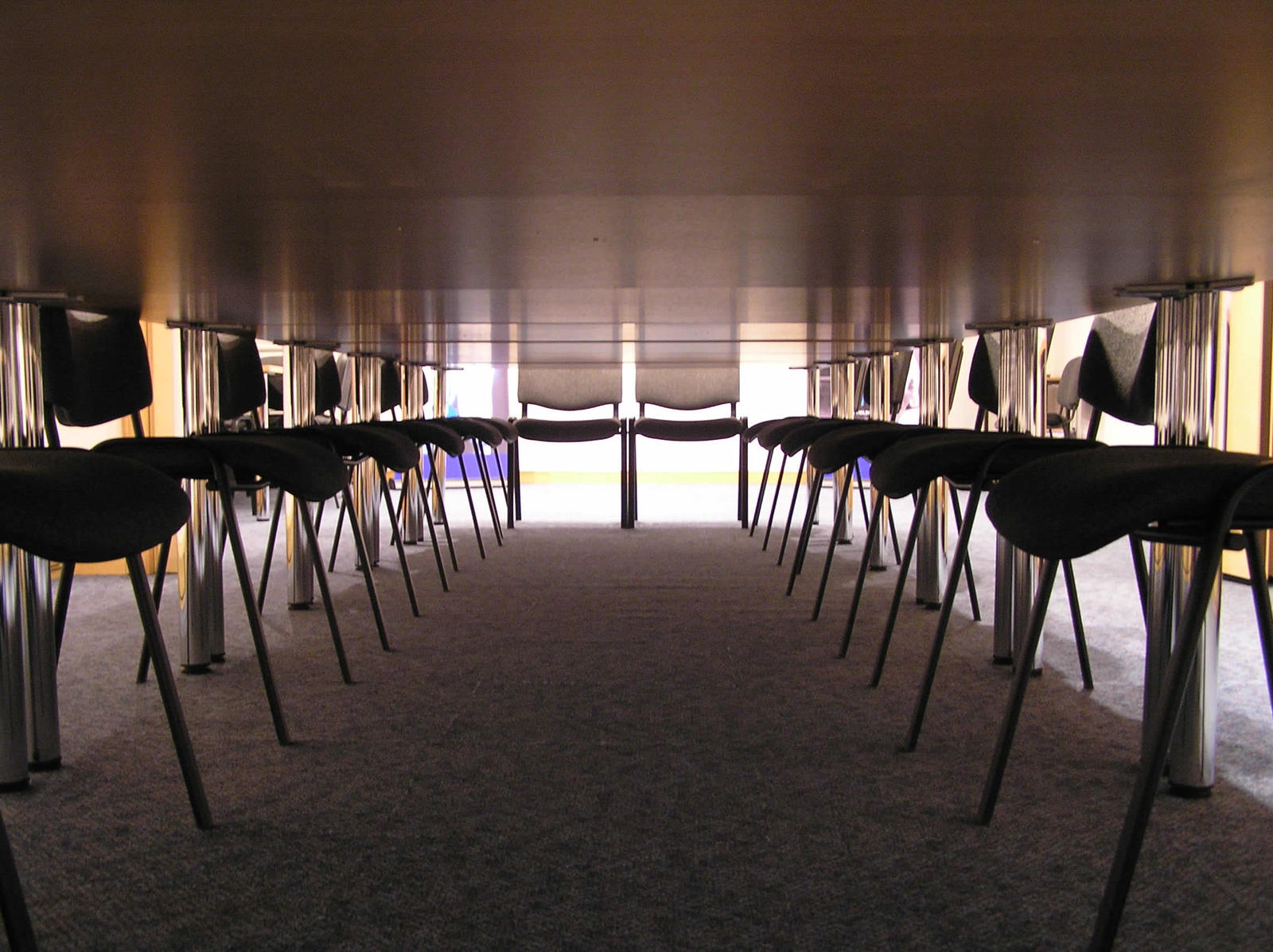
If you are inside the house or a building during an earthquake, step away from the doors and windows and find heavy furniture to crawl under. The ideal position is to stand against the wall in the building’s center. However, if you are outdoors, don’t go running inside the house for cover. Stay outside and avoid standing near a building that may collapse. You should also stay away from power lines or any other structure that has a potential to crash on you.
Additionally, if you are driving at the time of an earthquake and hear a warning on the radio, then stop the car and park in an open, empty space. Do not stand near buildings, trees, or a bridge. When the car is stopped, stay where you are until the tremors stop completely.
Lay Flat on the Ground

Rather than allowing an earthquake to knock you down. Drop to the ground with your hands and knees flat on the floor at the first sign of an earthquake. This is a rookie technique advised by experts in their “what to do during an earthquake” training. This position keeps you safe from injuries and ensures that you are able to crawl to a shelter if required.
Cover Your Head
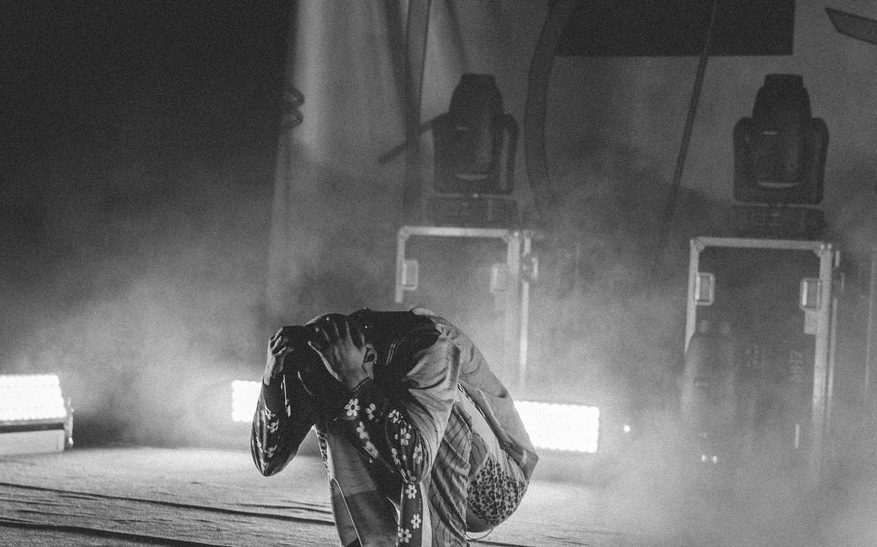
Use your one hand to cover your head and neck during a violent quake. If you are inside the house, crawl under a table or find shelter away from the windows. If you are outside, bend on your knees and use your hands to protect your important body parts, such as the head.
Take a Support
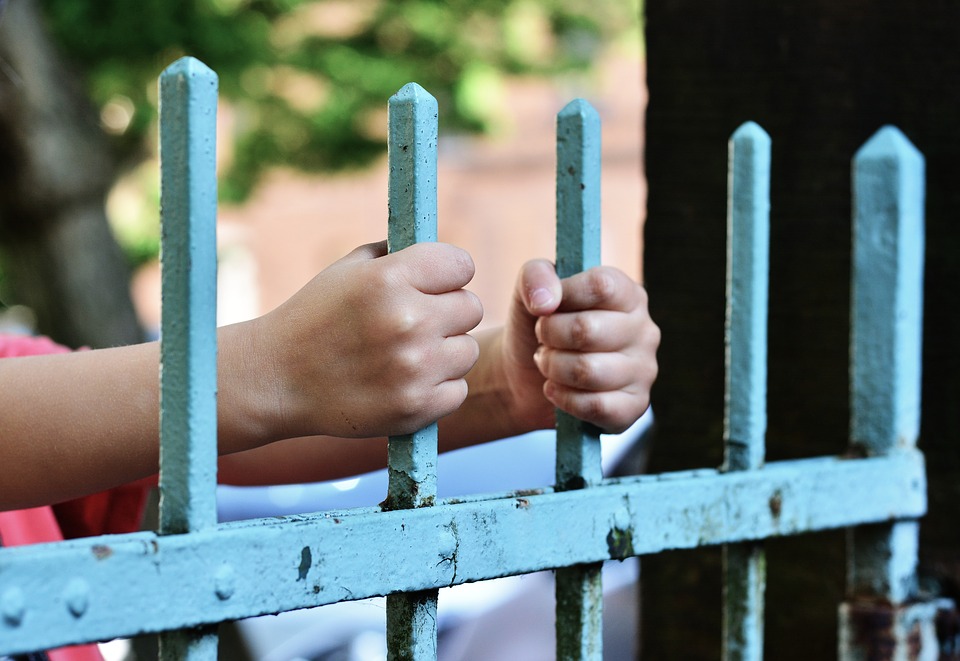
Hold on to something strong until the trembling subsides. If you are taking cover under a table, then secure the shelter with one hand and use the other hand to shift your position, if required. If you do not have a shelter, cover your head and neck with both your hands.
Avoid All Movement

According to researchers, most people do not have the correct knowledge about what to do during an earthquake. As a result, they move around in panic inside the buildings, exposing themselves and the others to the risk of injury. Therefore, you should find a safe location and wait until the earthquake ends. Remember that earthquakes almost never last more than a minute, so you don’t have to stay in one position for too long. Be patient and allow it to pass. –
Don’t Run Outside

Many people try to exit the building during an earthquake. However, by running outside in a panic, you are not only risking your own life but also that of others who happen to be in your way. Additionally, you are also at a greater risk of injury from falling objects from the buildings.
Step Away from the Doors
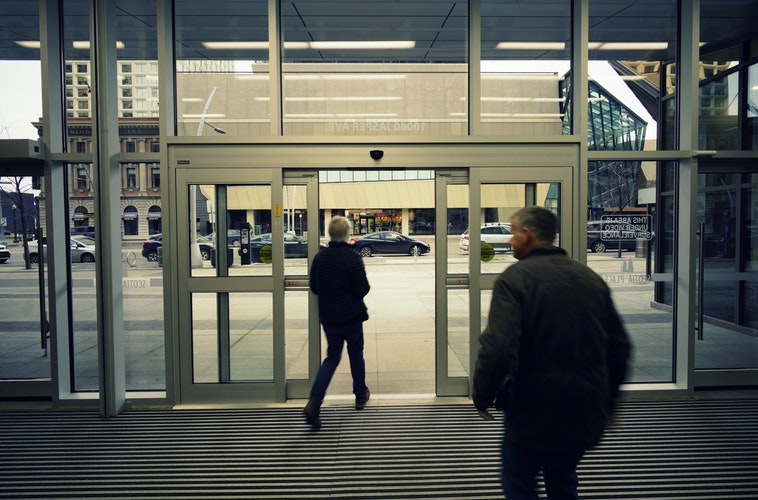
Doors are the least safe place to seek refuge during an earthquake. Instead, avoid the doorways and find a crawlspace.
Don’t Use Elevators
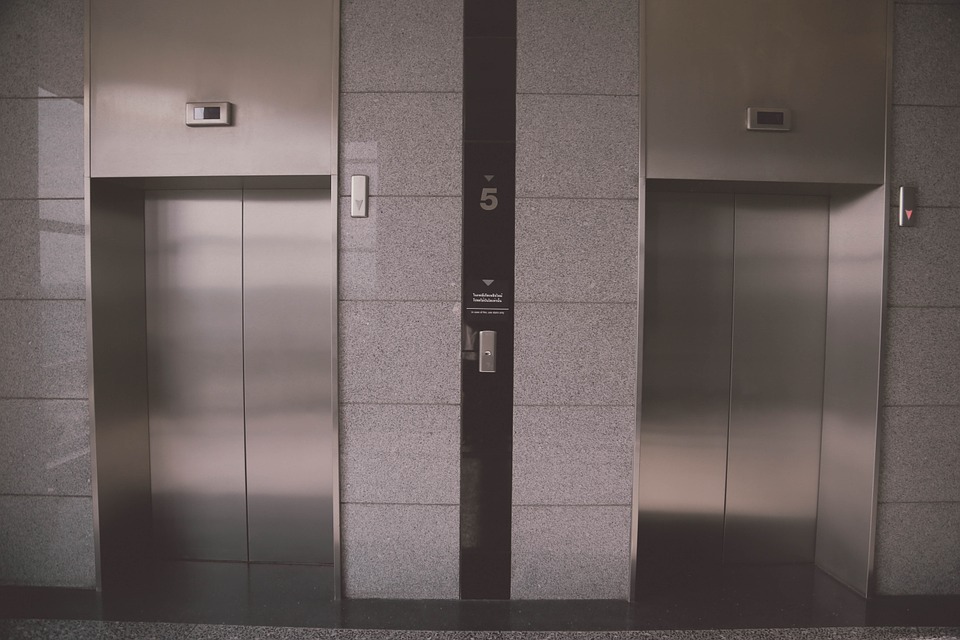
The elevators may stop during an earthquake. If you are in a building that has one, use a staircase instead.
Protect Your Mouth from Debris

If you are trapped inside during an earthquake, use your hand to cover your mouth. Do not move around the debris as it will kick up the dust. Try to make some sound, such as tapping on a pipe, for the rescuers to find you. If you have a whistle, use it to attract their attention. Shouting for help should only be your last option.
Conclusion
An earthquake doesn’t last too long, so rather than being anxious, stay calm and remember these points. Once the tremors have passed, you can check if anyone around you needs help. You should evacuate the building and stay out until authorities or experts say otherwise.
If you are unaffected by the impact of a quake, help others who may be in need. If trapped inside the building, wait patiently for help. Another thing to keep in mind is to shut the gas and turn off the electrical switches to avoid starting a fire.
Knowing what to do during an earthquake will help you protect yourself and your loved ones from any potential harm.

